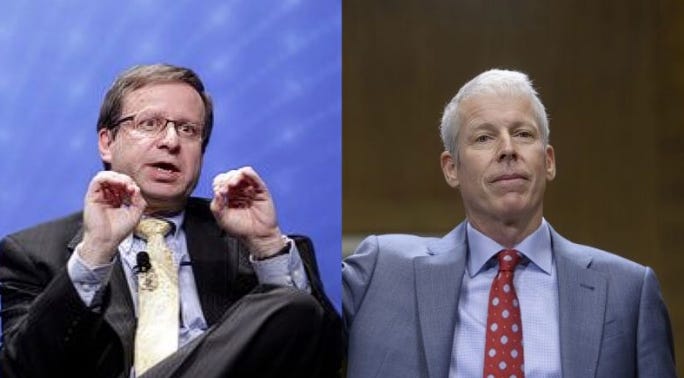Doug Sheridan: In Praise of Steve Koonin and Energy Secretary Chris Wright
[Note: Doug Sheridan is a keen energy analyst and writer who posts frequent commentaries on LinkedIn. I read him on a regular basis and, if you are on LinkedIn, you should read him, too. Enjoy.]
Steve Koonin writes in the WSJ, there's a disconnect between public perceptions of climate change and climate science—and between past govt reports and the scien…
Keep reading with a 7-day free trial
Subscribe to David Blackmon's Energy Additions to keep reading this post and get 7 days of free access to the full post archives.


